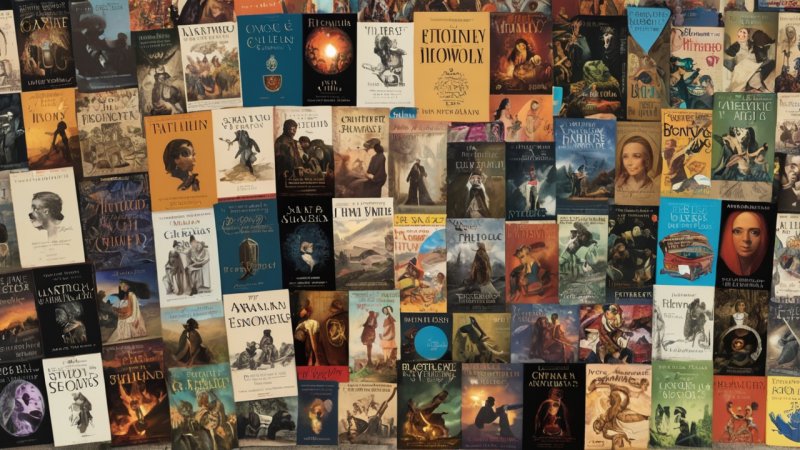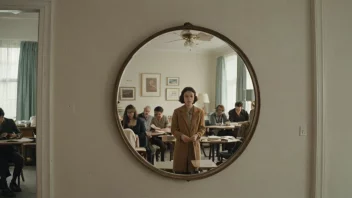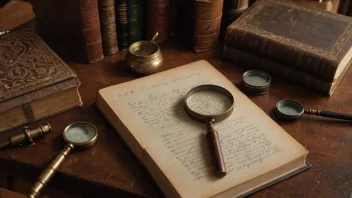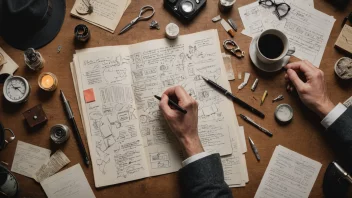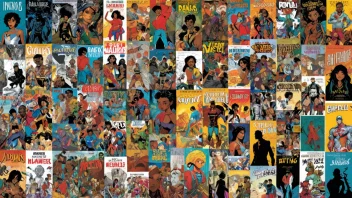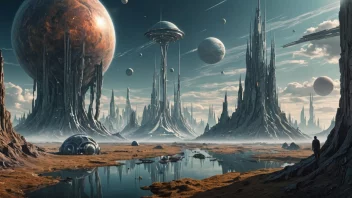1. The Great Gatsby by F. Scott Fitzgerald
The Great Gatsby is a quintessential representation of the Roaring Twenties, showcasing the excesses and disillusionment of post-World War I America. Through the lens of Jay Gatsby's tragic pursuit of the American Dream, Fitzgerald critiques the moral decay hidden beneath the glittering surface of wealth and status.
2. To Kill a Mockingbird by Harper Lee
To Kill a Mockingbird is a powerful exploration of racial injustice in the American South during the 1930s. Through the eyes of young Scout Finch, Lee highlights the prejudices ingrained in society and the moral courage required to confront them, making it a timeless reflection of societal change and the fight for equality.
3. 1984 by George Orwell
1984 serves as a chilling warning about totalitarianism and state surveillance, reflecting the anxieties of a post-World War II world. Orwell's dystopian vision explores the impact of oppressive regimes on individual freedom and thought, embodying the societal fears of his time while remaining relevant in contemporary discussions about privacy and freedom.
4. The Handmaid's Tale by Margaret Atwood
The Handmaid's Tale presents a stark vision of a future where women's rights are stripped away in a theocratic society. Atwood's novel reflects the societal changes regarding gender politics and reproductive rights, resonating with modern feminist movements and highlighting the fragility of hard-won freedoms.
5. The Underground Railroad by Colson Whitehead
The Underground Railroad reimagines the historical escape route for enslaved people as an actual railroad system, intertwining historical and fantastical elements. Whitehead's narrative sheds light on the brutal realities of slavery while exploring themes of resilience and hope, making it a poignant reflection on America’s past and present struggles with race.
6. The Road by Cormac McCarthy
The Road is a harrowing post-apocalyptic tale that examines themes of survival, love, and morality in a world stripped bare of civilization. McCarthy's bleak vision prompts readers to reflect on the fragility of societal structures and the enduring human spirit, resonating with contemporary anxieties about climate change and societal collapse.
7. Brave New World by Aldous Huxley
Brave New World explores a future dominated by technology and consumerism, where individuality is sacrificed for societal stability. Huxley's cautionary tale reflects early 20th-century anxieties about industrialization and the loss of humanity in a mechanized world, prompting ongoing discussions about the balance between innovation and ethical considerations.
8. Their Eyes Were Watching God by Zora Neale Hurston
Their Eyes Were Watching God chronicles the journey of Janie Crawford as she seeks her own identity and voice in the early 20th-century South. Hurston's work reflects the changing roles of African American women and the quest for self-fulfillment, serving as an essential narrative in the context of both gender and racial identity.
9. The Brief Wondrous Life of Oscar Wao by Junot Díaz
The Brief Wondrous Life of Oscar Wao intertwines personal and historical narratives to explore the Dominican American experience. Díaz’s novel reflects the complexities of immigration, identity, and the impact of history on personal lives, making it a resonant commentary on contemporary societal changes in the United States.
10. The Kite Runner by Khaled Hosseini
The Kite Runner delves into themes of friendship, betrayal, and redemption against the backdrop of Afghanistan's tumultuous history. Hosseini's portrayal of personal and national struggles reflects the broader changes in Afghan society and the impact of cultural and political upheaval, emphasizing the importance of empathy and understanding in a fractured world.
In conclusion, fiction serves as a powerful lens through which we can examine the societal changes that shape our world. From the disillusionment of the American Dream in The Great Gatsby to the struggles for gender and racial equality in contemporary narratives, these works not only reflect historical moments but also provoke discussions about our collective values and aspirations. By engaging with these texts, readers can gain a deeper understanding of the human condition and the ongoing evolution of our society.
